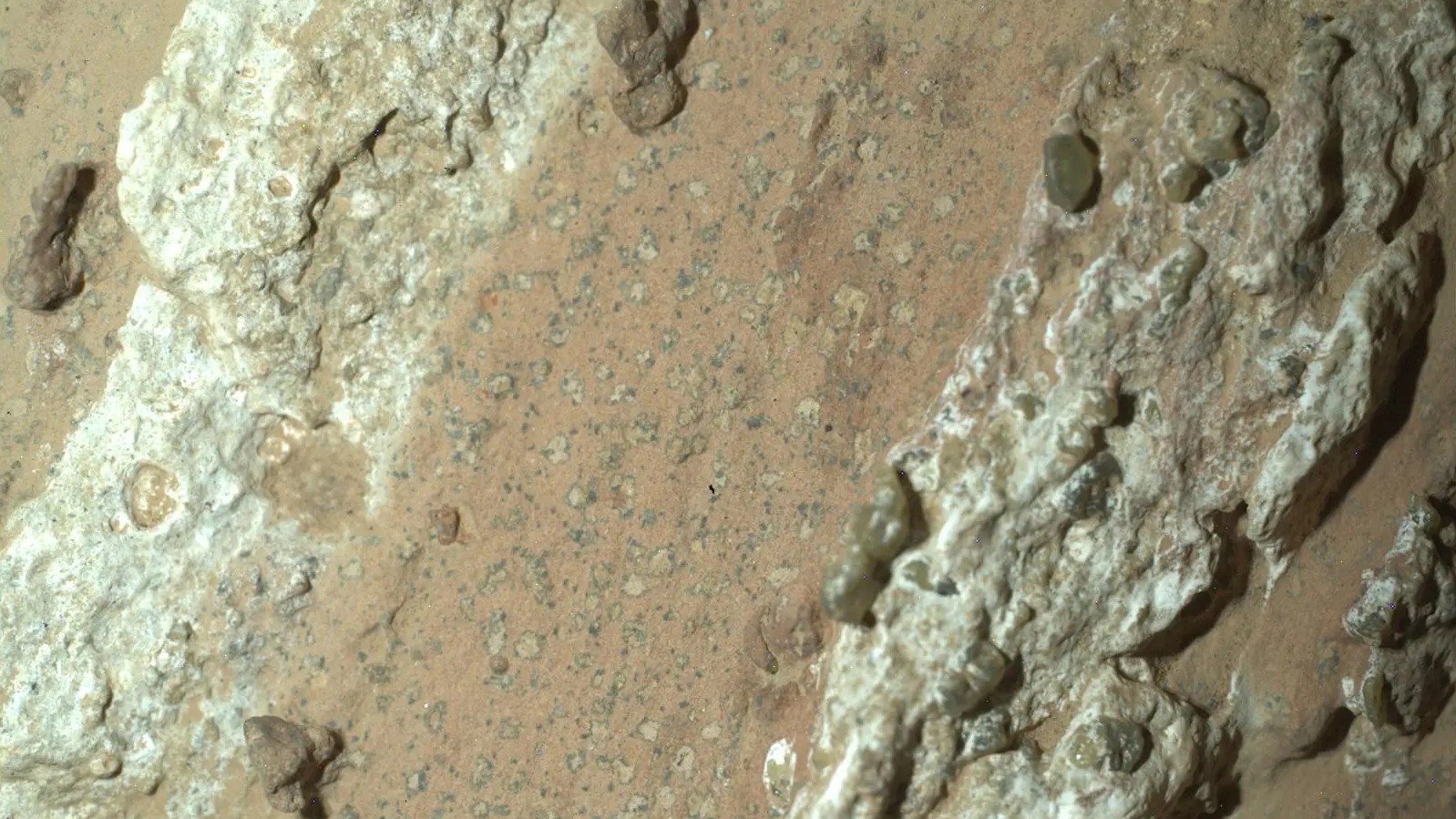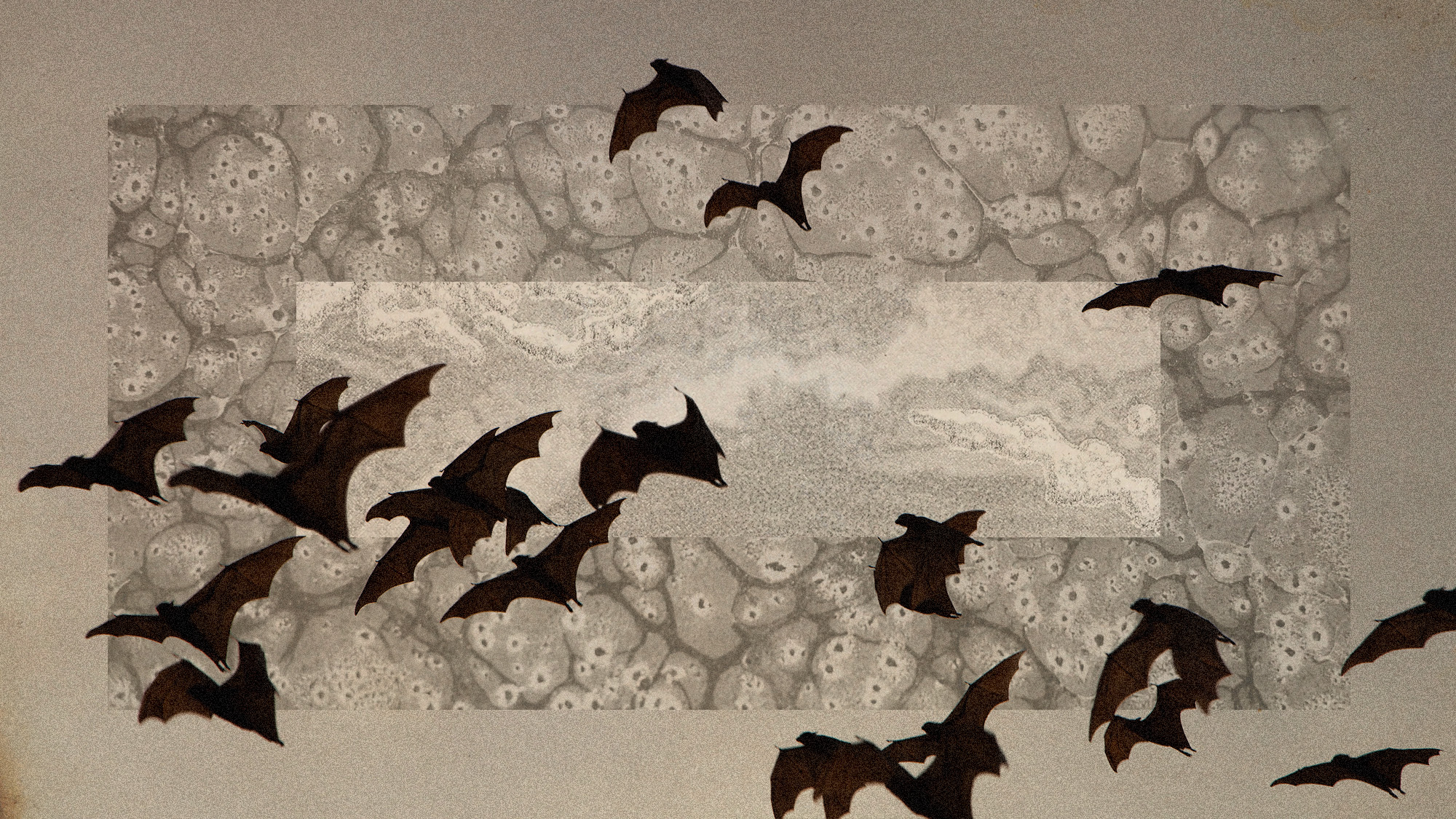Humans are near peak life expectancy, study finds
Unless there is a transformative breakthrough in medical science, people on average will reach the age of 87


A free daily email with the biggest news stories of the day – and the best features from TheWeek.com
You are now subscribed
Your newsletter sign-up was successful
What happened
Human life expectancy has just about peaked, according to a study published Monday in the journal Nature Aging, and barring a transformative breakthrough in medical science, people will top out at a maximum average age of around 87 — 90 for women, 84 for men.
Who said what
"We're basically suggesting that as long as we live now is about as long as we're going to live," said the lead study author S. Jay Olshansky, a professor of epidemiology and biostatistics at the University of Illinois Chicago, to The New York Times. "We're squeezing less and less life out of these life-extending technologies."
Life expectancy — an estimate of the average time a baby born in a given year might expect to live — is "one of the world's most important health measures," though an imperfect one, The Associated Press said. It "cannot account for deadly pandemics, miracle cures or other unforeseen developments that might kill or save millions of people."
Some scientists predicted that life expectancy would continue to rise "dramatically" as it had during the 20th century, "spurred on by innovations like water sanitation and antibiotics," the Times said. But Olshansky's study found that even if nobody died before 50, average peak life expectancy would barely rise, because our organs eventually fail.
What next?
Olshansky's "valuable addition to the mortality literature" persuasively showed that "we are reaching a plateau," University of Texas researcher Mark Hayward said to the AP. But some future breakthrough could still change that. Olshansky said the only way to radically increase our longevity would be to slow the aging process, a prospect he is "optimistic" about.
The Week
Escape your echo chamber. Get the facts behind the news, plus analysis from multiple perspectives.

Sign up for The Week's Free Newsletters
From our morning news briefing to a weekly Good News Newsletter, get the best of The Week delivered directly to your inbox.
From our morning news briefing to a weekly Good News Newsletter, get the best of The Week delivered directly to your inbox.
A free daily email with the biggest news stories of the day – and the best features from TheWeek.com
Peter has worked as a news and culture writer and editor at The Week since the site's launch in 2008. He covers politics, world affairs, religion and cultural currents. His journalism career began as a copy editor at a financial newswire and has included editorial positions at The New York Times Magazine, Facts on File, and Oregon State University.
-
 Political cartoons for February 15
Political cartoons for February 15Cartoons Sunday's political cartoons include political ventriloquism, Europe in the middle, and more
-
 The broken water companies failing England and Wales
The broken water companies failing England and WalesExplainer With rising bills, deteriorating river health and a lack of investment, regulators face an uphill battle to stabilise the industry
-
 A thrilling foodie city in northern Japan
A thrilling foodie city in northern JapanThe Week Recommends The food scene here is ‘unspoilt’ and ‘fun’
-
 Winter storm lashes much of US South, East Coast
Winter storm lashes much of US South, East CoastSpeed Read The storm spread across 2,000 miles of the country
-
 Cows can use tools, scientists report
Cows can use tools, scientists reportSpeed Read The discovery builds on Jane Goodall’s research from the 1960s
-
 5 recent breakthroughs in biology
5 recent breakthroughs in biologyIn depth From ancient bacteria, to modern cures, to future research
-
 NASA reveals ‘clearest sign of life’ on Mars yet
NASA reveals ‘clearest sign of life’ on Mars yetSpeed Read The evidence came in the form of a rock sample collected on the planet
-
 Bacteria can turn plastic waste into a painkiller
Bacteria can turn plastic waste into a painkillerUnder the radar The process could be a solution to plastic pollution
-
 Scientists want to regrow human limbs. Salamanders could lead the way.
Scientists want to regrow human limbs. Salamanders could lead the way.Under the radar Humans may already have the genetic mechanism necessary
-
 A potentially mutating bat virus has some scientists worried about the next pandemic
A potentially mutating bat virus has some scientists worried about the next pandemicUnder the Radar One subgroup of bat merbecovirus has scientists concerned
-
 Is the world losing scientific innovation?
Is the world losing scientific innovation?Today's big question New research seems to be less exciting
